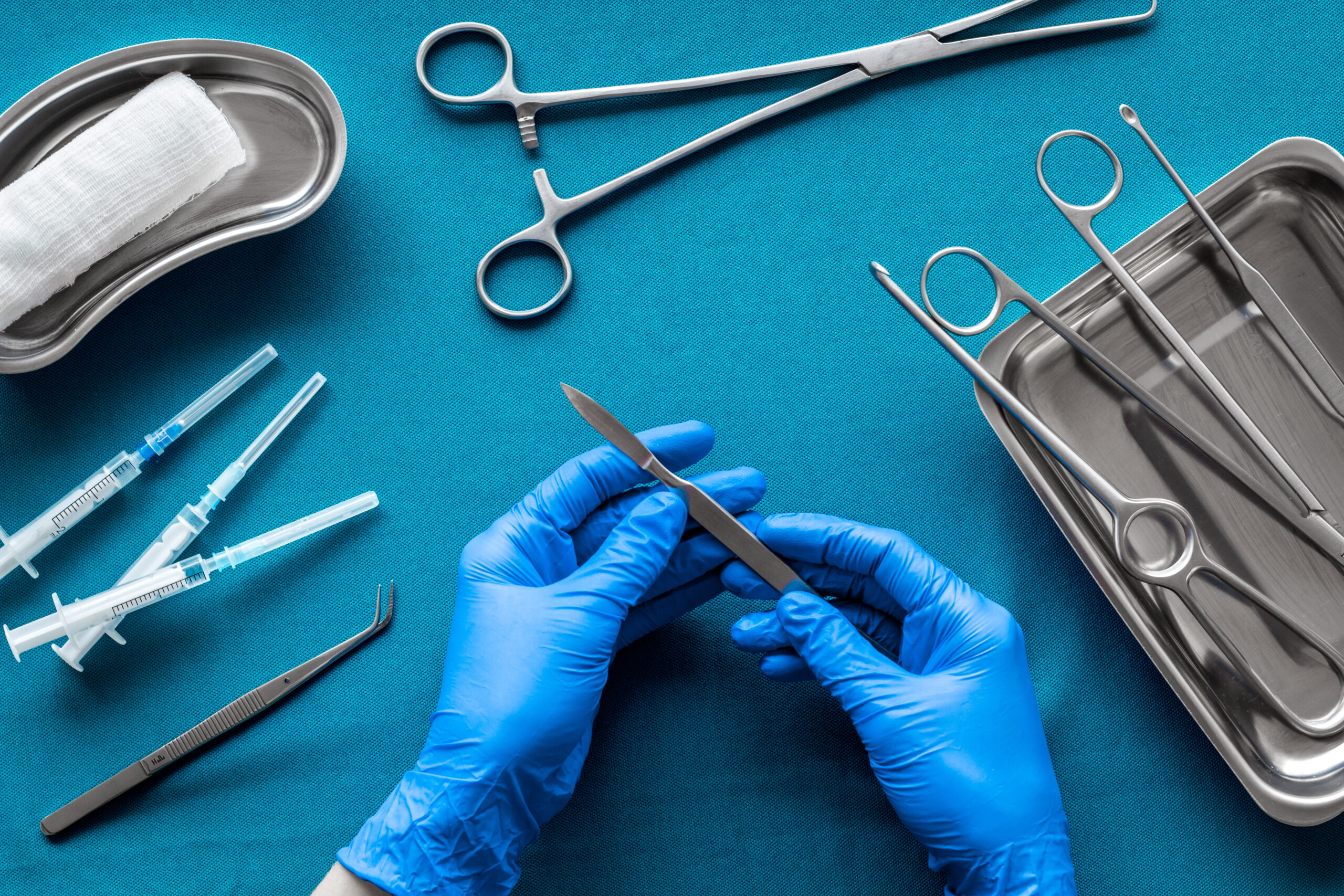I’ve held a scalpel in my hand more times than I can count. In the operating room, surrounded by bright light and hushed intensity, your tools become an extension of your body. You trust them completely, without hesitation. There’s no room for doubt when a human life is open before you.
But over time, I began to realize that what I was learning in surgery applied far beyond medicine. The precision, the relationships, the tools, they all mapped onto systems of politics, institutions, and even personal growth. What started as muscle memory in the OR became a deeper kind of awareness: our tools: physical, intellectual, and emotional, reveal what we trust and how we operate.
Here’s what decades of using surgical instruments taught me about loyalty, resilience, and knowing when to let go.
The Scalpel: Precision Over Power
A scalpel is sharp, yes, but more importantly, it’s precise. It doesn’t tear. It doesn’t hesitate. It makes the cleanest possible entry so healing can begin.
In my professional life, precision has always been a guiding value. I trust data, language, and carefully framed questions. When I moved into system-level work, advising institutions, designing better processes, thinking about burnout or structural failure, that scalpel mindset followed me.
We don’t need blunt force. We need accuracy.
We don’t need faster answers. We need better ones.
The scalpel reminds me: cut only where necessary. Be clean. Be deliberate. And always aim for healing, not harm.
The Retractor: Making Space
Some of the most important tools in surgery don’t cut at all. They hold space. Retractors gently pull back tissue so the surgeon can see what’s really going on. Without them, everything collapses inward.
In systems thinking, the retractor is a metaphor for patience, curiosity, and perspective. When teams rush to conclusions or governments skip due process, the system suffocates under its own pressure. In our personal lives, when we can’t pause and sit with discomfort or ambiguity, we risk acting before we understand.
I’ve learned to trust the tools that help me slow down. That let me listen longer. That hold the situation open long enough to see the full picture.
The Forceps: Gentle Control
Forceps aren’t used to grab aggressively. They’re for delicate handling: tissue, vessels, or fragments that need to be held securely but gently.
For me, forceps symbolize empathy and diplomacy. In leadership and in life, we constantly need to grasp difficult truths, complicated emotions, or fragile egos. If we squeeze too hard, things break. If we hesitate too long, they’re lost.
The people I trust most are those who know how to hold the hard stuff—without crushing it. And I try to be that person in return.
The Table Isn’t the Only System
Surgery taught me that the body is a system, but so is the OR itself. An operation depends not only on instruments, but on relationships: with the scrub tech who knows your rhythm, the nurse who preps exactly how you like, the anesthesiologist who senses what you need before you say it.
Trust, in this setting, is built through consistency. It’s the same with tools. I never reached for the newest, fanciest instrument—I reached for what I knew I could rely on. The tool that worked every time. The one I didn’t have to think about because it had proven itself again and again.
That’s loyalty.
And when I began working with institutions, political systems, or even friends recovering from burnout, I saw the same thing: the most powerful shifts didn’t come from novelty, they came from trust, built over time, with tools that showed up when it mattered.
Letting Go of Broken Tools
But not every tool stays reliable.
Over the years, I’ve had to retire instruments that once served me well, both in the OR and outside of it. A clamp that no longer holds. A communication habit that used to protect me but now isolates me. A belief that was once useful but now limits me.
Loyalty doesn’t mean clinging to what no longer serves you. It means honoring what has worked, and being honest enough to move on when it doesn’t.
This is one of the hardest lessons for leaders, for systems, and for individuals: when to keep sharpening the tool, and when to put it down.
The Instruments You Carry With You
These days, I spend less time in scrubs and more time consulting, writing, and speaking about systems, how they collapse, how they heal, how people move through them.
But I still carry my tools.
I still trust precision over speed.
I still believe in making space for complexity.
I still practice holding things gently, especially when they feel sharp or uncertain.
And most of all, I still believe that our deepest loyalties are shown not in what we say, but in what we reach for when it matters most.
So ask yourself:
What are the tools you trust?
Which ones are helping you heal?
Which ones need to be sharpened—or left behind?
Because in the end, it’s not just about having the right instruments. It’s about knowing how, and when, to use them.
